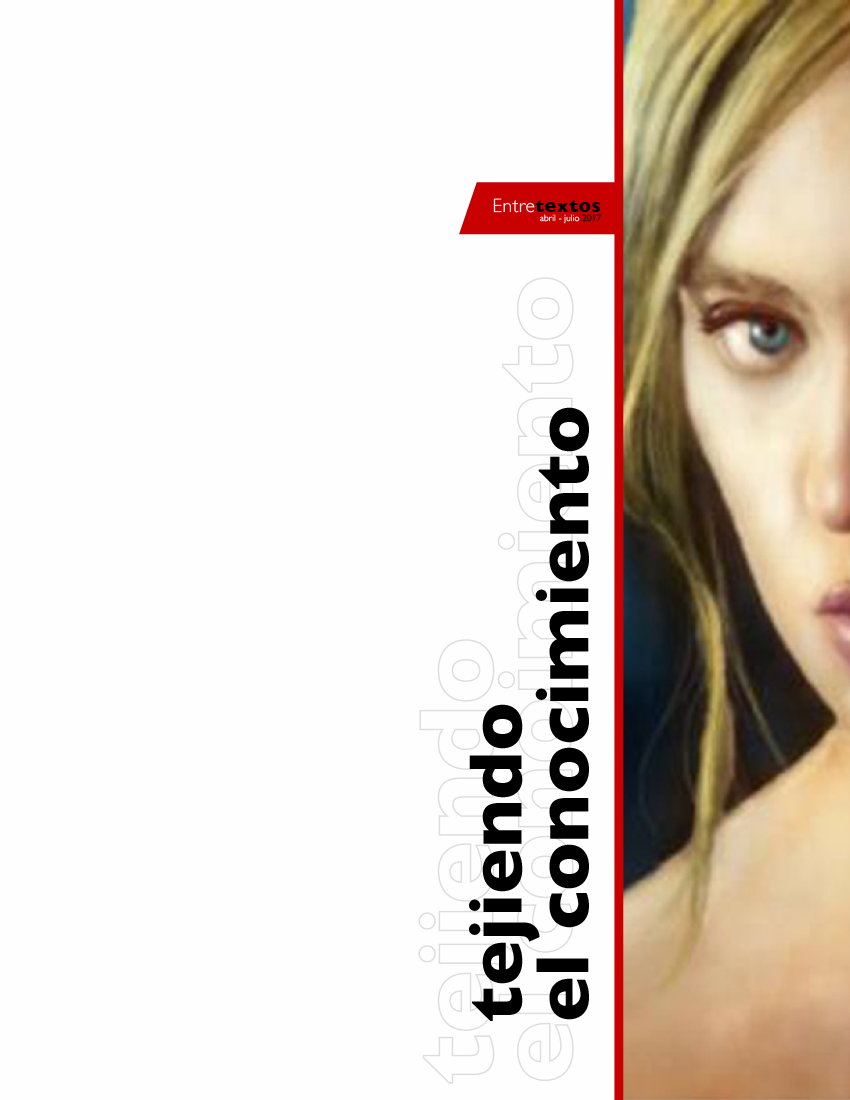From multilingualism towards pluriculturalism in the European Union
DOI:
https://doi.org/10.59057/iberoleon.20075316.201725329Keywords:
European Union, multilingualism, plurilingualism, pluriculturalismAbstract
The promotion of linguistic diversity has been one of the basic principles of the European Union, whose motto is "United in diversity". This premise is based on the cultural identity, integration and social cohesion of the European peoples. The European Union considers multilingualism as a response to political and social challenges, such as the strengthening of social cohesion and intercultural dialogue in the construction of the European House. Based on an exploratory qualitative analysis of the most important documents of the EU institutions on cultural and linguistic policies, the aim of our study was to investigate whether it is possible today to speak of a multilingual and therefore pluricultural Europe. After examining the evolution of the main linguistic policies, it mentions the constraints and advantages that some Member States have taken advantage of in order to preserve their linguistic heritage. It then focuses on pluriculturalism as a consequence of plurilingualism. Thus, it was possible to determine that, despite the efforts to promote multilingualism, the scope of the EU language policy does not go beyond the orientation and commitment measures of the Member States, which hinders pluricultural integration.
Downloads

Downloads
Published
How to Cite
Issue
Section
License
Copyright (c) 2017 Entretextos

This work is licensed under a Creative Commons Attribution-NonCommercial 4.0 International License.




